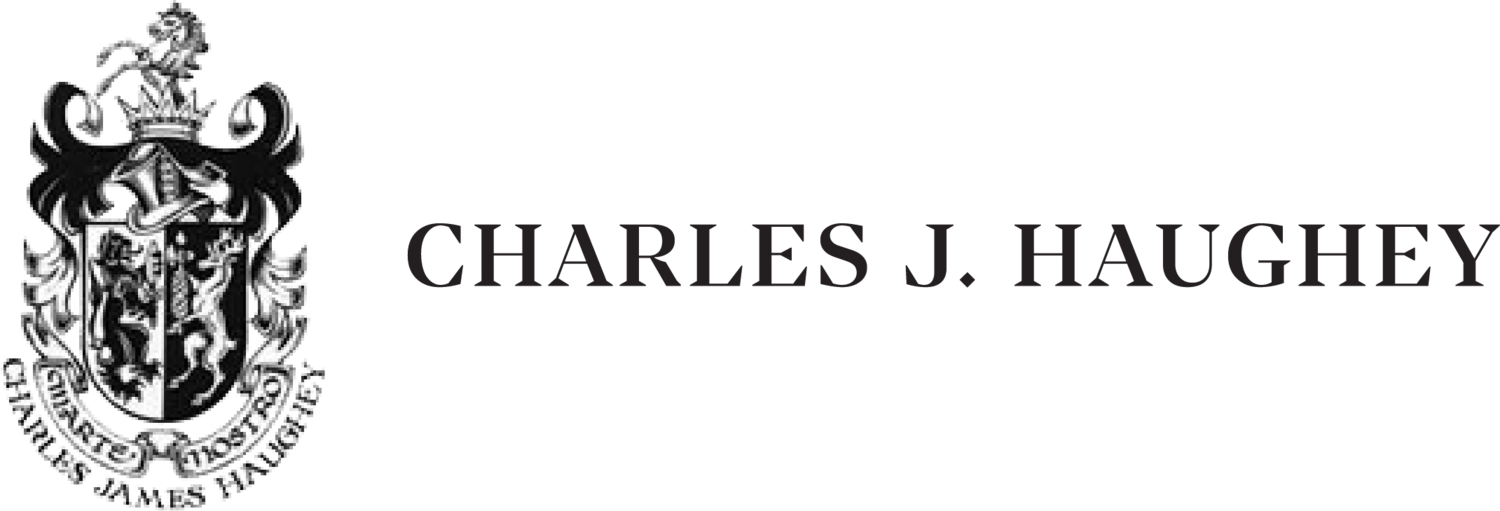The 1990 State Papers
1990 saw the political map of the world remade.
In the wake of the fall of the Berlin Wall, the big question facing Europe was the reunification of Germany.
South Africa was moving towards democracy after the release of Nelson Mandela.
War was looming in the Gulf after the Iraqi invasion of Kuwait.
And British Prime Minister Margaret Thatcher was becoming increasingly isolated in her own party over her attitude to Europe.
And in all of this, the Irish government led by Charlie Haughey was deeply involved, as State Papers released under the 30-year rule reveal.
For the first half of the year, Ireland held the Presidency of the European Communities, giving Haughey a place on the world stage.
He met President George Bush in the White House, trading notes on their shared interest in protecting the environment and curbing illicit drug use.
He resisted calls to lift European sanctions on South Africa in the wake of Mandela's release, insisting that further movement towards dismantling Apartheid was needed first.
(Incidentally, welcoming Mandela to Dublin that summer, he was unable to let him address the Joint Houses of the Oireachtas, or lay a wreath at Arbour Hill, because he was not yet a head of state).
He also played an important role in smoothing the path to German unification, for which, Chancellor Helmut Kohl emotionally told him, he would never be forgotten.
Haughey also found himself mediating between Europe and an increasingly strident Thatcher, whose political judgement on Europe became more clouded as the year wore on, eventually leading to her resignation as prime minister.
And he offered assistance, though some would say it was not overly generous, to the relatives of more than 1,300 Irish people threatened by the increasing tension in the Gulf.
But perhaps the most intriguing secrets to emerge from the 1990 files surround the early stirrings of the peace process, with the Republican movement opening up two lines of communication.
He resisted calls to lift European sanctions on South Africa in the wake of Mandela's release, insisting that further movement towards dismantling Apartheid was needed first.
(Incidentally, welcoming Mandela to Dublin that summer, he was unable to let him address the Joint Houses of the Oireachtas, or lay a wreath at Arbour Hill, because he was not yet a head of state).
He also played an important role in smoothing the path to German unification, for which, Chancellor Helmut Kohl emotionally told him, he would never be forgotten.
Haughey also found himself mediating between Europe and an increasingly strident Thatcher, whose political judgement on Europe became more clouded as the year wore on, eventually leading to her resignation as prime minister.
And he offered assistance, though some would say it was not overly generous, to the relatives of more than 1,300 Irish people threatened by the increasing tension in the Gulf.
But perhaps the most intriguing secrets to emerge from the 1990 files surround the early stirrings of the peace process, with the Republican movement opening up two lines of communication.
One, through SDLP leader John Hume, to the two governments; and the other, via two chaplains at the Maze, direct from the IRA Army Council to the Northern Ireland Office.
There are also, as always, entertaining revelations about rows between Dublin and London.
This year’s release of material from the National Archives faced two challenges, one (hopefully) temporary, the other more long-term.
The first, of course, was Covid-related. Restrictions prevented the usual media preview of files.
As an alternative, the staff of the National Archives had to digitise a huge amount of material to make it available online.
The second is that the Irish releases are increasingly out of line with the British, which are moving towards a 20-year release period.
While the Irish Government is releasing material relating to 1990 - the time of Haughey and Thatcher - the British will release material from 1997, the last days in office of both John Major and John Bruton.
This is important because the released documents form the first impression of what really went on behind the scenes. And because first impressions tend to last, this gives the British version of our shared history a head start.
The National Archives of Ireland aim to catch up with the British release schedule by the time the records of 1998 - the year of the Good Friday Agreement - are made public.
For that to happen will require an injection of resources, and more importantly of Government attention, at a time when both are in short supply.
But it is important that the effort is made in order to give the public a more rounded view of very important developments. Those making the decisions on this will hopefully feel the hand of history on their shoulders.
